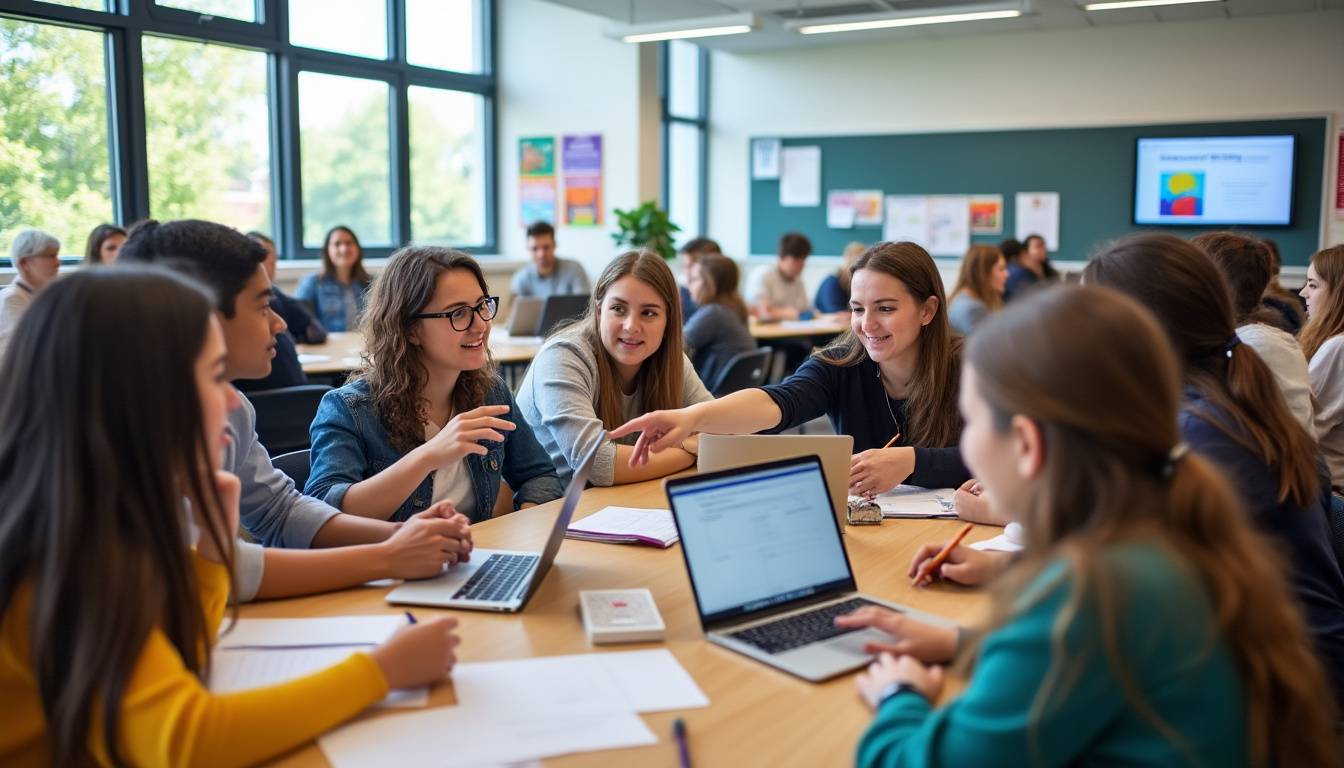In today’s educational landscape, the call for equity often sparks fundamental debates about how our systems serve all students, including those labeled as gifted. Recent discussions, such as the proposal by New York City mayoral candidate Zohran Mamdani to pause gifted education programs until third grade in the name of equity, have ignited passionate reactions. Many parents and educators worry that such measures might unintentionally limit opportunities for children who thrive in advanced learning environments. The conversation reveals a deeper misunderstanding about the balance between equity and excellence—where supporting bright talents should not come at the cost of fairness but rather work hand-in-hand to elevate every learner’s potential.
How Equity Unlocked Bright Horizons for Gifted Students
Gifted education is often misunderstood as an exclusive privilege, but in reality, it is an essential area of special education designed to meet unique learning needs. Gifted students don’t simply score higher on tests—they exhibit Inclusive Brilliance through rapid idea synthesis, craving complexity and challenge to stay engaged.
When gifted children are left unstimulated, the consequences can include frustration, anxiety, and emotional withdrawal, impacting their academic and personal growth. Such outcomes highlight the critical need for thoughtful, well-designed programs that Elevate Potential rather than restrict access.
- Individualized learning plans ensure gifted students receive appropriate depth and pace.
- Early identification using fair assessments broadens access to gifted programs, promoting Fair Growth.
- Teacher training on recognizing diverse advanced learning profiles fosters Talent Ascend.
- Multiple pathways into programs prevent overreliance on high-stakes tests.
These principles align with initiatives available on platforms such as Education to the Top, where expanding equitable access to advanced education remains a core value.
Addressing the Equity Challenge Without Sacrificing Excellence
Equity in gifted education requires not the removal, but the enhancement of program accessibility. Data shows significant disparities in representation; for example, Black and Hispanic students in New York City are markedly underrepresented in gifted programs compared to their share of the student population. However, abolishing gifted programs fails to address the root causes of inequity and instead denies talented students necessary support.
Research evidences that universal testing instead of selective referrals leads to increased identification of diverse gifted students. Overhauling selection methods and combating unconscious bias are key to Empower Excellence for all learners.
- Implement universal screening to capture diverse talent early.
- Standardize selection criteria to minimize biases and inconsistencies.
- Engage families and communities to support awareness and advocacy.
- Invest in educator professional development focused on equitable practices.
Gifted Thrive When Given the Right Support: Lessons from Research and Practice
Decades-long studies reveal that gifted students who receive proper challenges and encouragement contribute significantly to innovation and society. Instead of equity leading to a lowered ceiling, it should serve as a ladder, enabling every child to Rise Together towards their highest capabilities.
Removing gifted programs unintentionally widens the gap for students lacking alternative resources. Wealthier families often supplement lost opportunities through private education or enrichment programs, leaving others behind. This dynamics underscores the need for public schools to champion both Excellence Elevates and accessibility.
- Maintain dedicated gifted programs embedded within broader equity reforms.
- Develop partnerships with community organizations to enrich gifted education.
- Provide tailored enrichment to meet asynchronous developmental needs.
- Monitor outcomes to ensure continuous program improvement.
Programs such as those documented at Education to the Top spotlight models where excellence and equity advance hand in hand.
Rethinking Giftedness for an Inclusive Future
Giftedness extends beyond mere academic superiority—it’s characterized by asynchronous development, where intellectual, emotional, and social growth may progress at different rates. Recognizing this nuance is critical to crafting environments where gifted individuals feel supported rather than isolated.
Effective gifted education emphasizes compassion and opportunity equally. It challenges educators and policymakers to move beyond deficit models, embracing a definition of equity that propels every student to Empower Excellence.
- Develop curricula that address asynchronous development.
- Create safe spaces for social and emotional learning alongside intellectual growth.
- Leverage technology to customize learning experiences.
- Encourage mentorship programs connecting gifted students with role models.
These approaches echo the strategic educational goals presented by initiatives like Education to the Top, advocating for individualized support.


